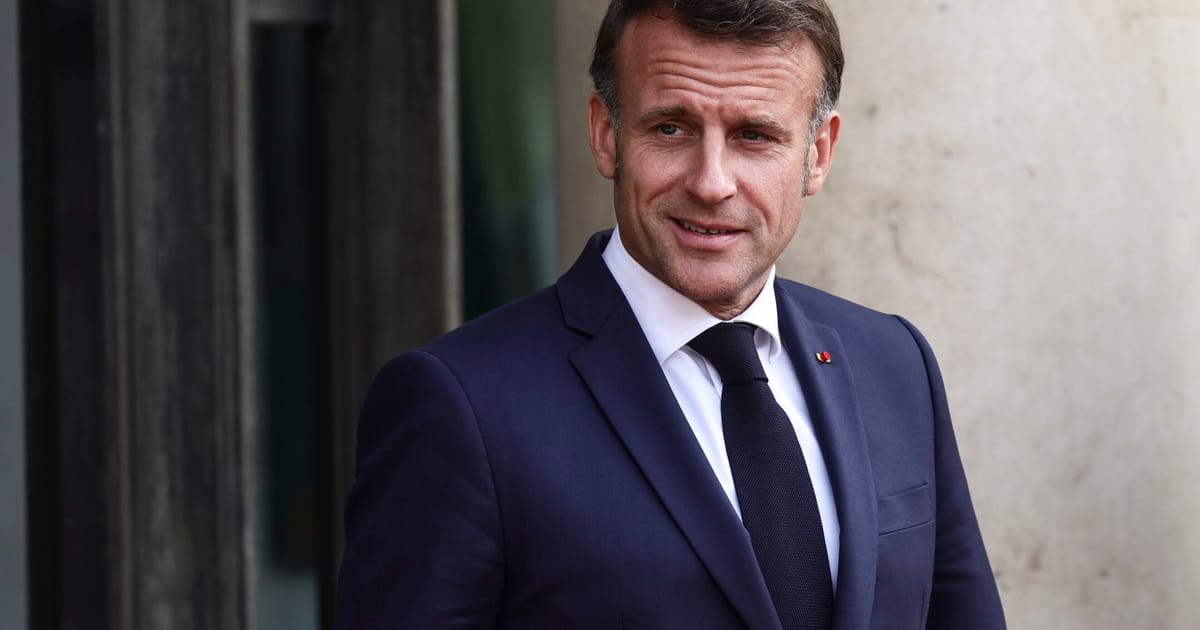

In the midst of evolving international dynamics, recent developments have unfolded across different continents, highlighting significant strides in diplomacy and social reform. The French President, Emmanuel Macron, has positioned himself as a pivotal advocate for the recognition of a Palestinian state, echoing the historical demands of the Palestinian people. Although the official recognition of statehood may not immediately address the humanitarian needs in the Gaza Strip, it stands as a symbolic gesture of solidarity toward a long-standing aspiration of the Palestinian community. Macron’s effort underscores a commitment to addressing complex geopolitical issues with a mindful approach.
Meanwhile, France finds itself at the center of a discussion surrounding the fate of USAID contraceptives valued at $9.7 million. The United States’ decision to potentially destroy these contraceptives, initially intended for African women under public health initiatives, has sparked controversy among French feminists and rights groups. The French government is closely monitoring the situation, emphasizing the importance of protecting women’s rights and ensuring that valuable resources are not wasted. This incident highlights an ongoing dialogue between nations regarding public health priorities and gender equity, inviting a renewed focus on collaboration and effective resource management.
In Australia, Prime Minister Anthony Albanese is making commitments to close the gap of disadvantage among Aboriginal and Torres Strait Islander communities. Speaking at the Garma Festival in northeast Arnhem Land, Albanese emphasized the need for economic sovereignty and self-determination. By promising $75 million in new funding to facilitate economic partnerships and clean energy projects, he aims to empower Indigenous groups to achieve meaningful progress. Albanese’s approach seeks to transcend cultural divides, focusing instead on unifying efforts that foster genuine reconciliation and equality.
Turning to Eastern Europe, Ukrainian President Volodymyr Zelenskyy has expressed readiness for direct talks with Russian President Vladimir Putin, following indications from the Kremlin of a potential willingness to engage in peace negotiations. Zelenskyy emphasizes that any discussions should be rooted in a sincere desire to establish lasting peace, rather than as strategies to prolong conflict or sidestep sanctions. His call for leader-level talks reflects a proactive stance towards resolving the conflict decisively, with the United States backing Ukraine’s proposal for high-level dialogue to seek a resolution.
These collective efforts, straddling the domains of statehood recognition, international aid, Indigenous empowerment, and conflict resolution, form a tapestry of global advancements. Each initiative is a testament to the power of dialogue, understanding, and cooperation in addressing complex socio-political and humanitarian challenges. As world leaders endeavor to navigate these multifaceted issues, there is a palpable sense of optimism and a shared responsibility to cultivate a more interconnected and equitable international community.
Source: {link}
